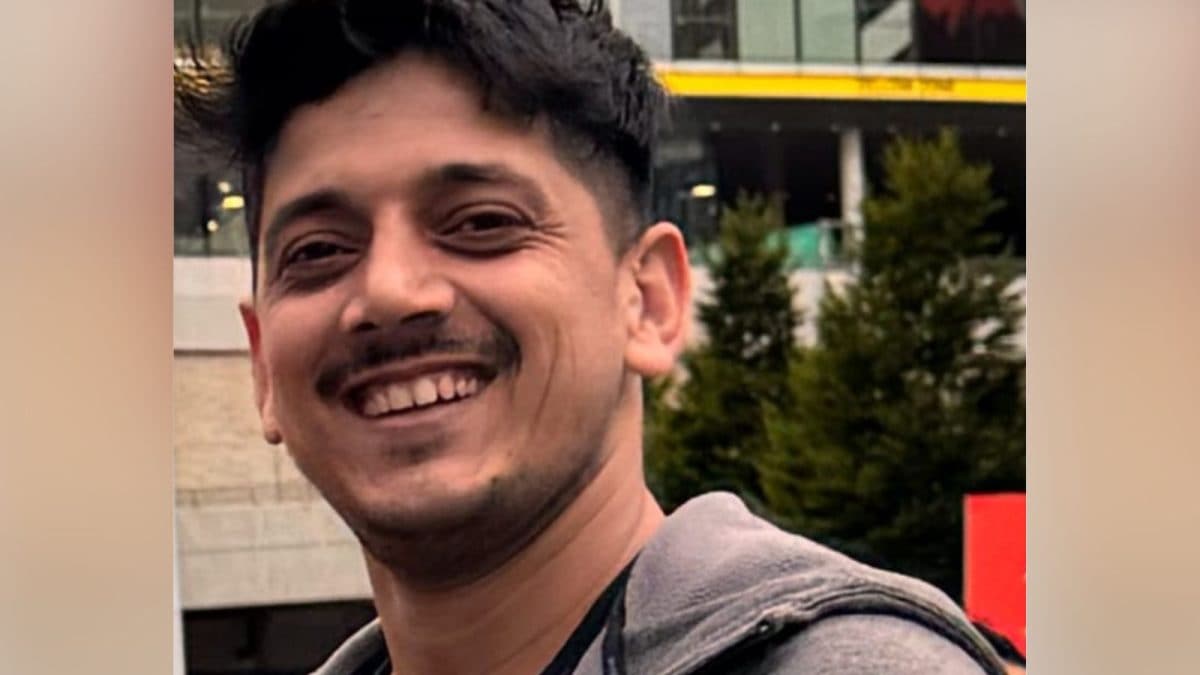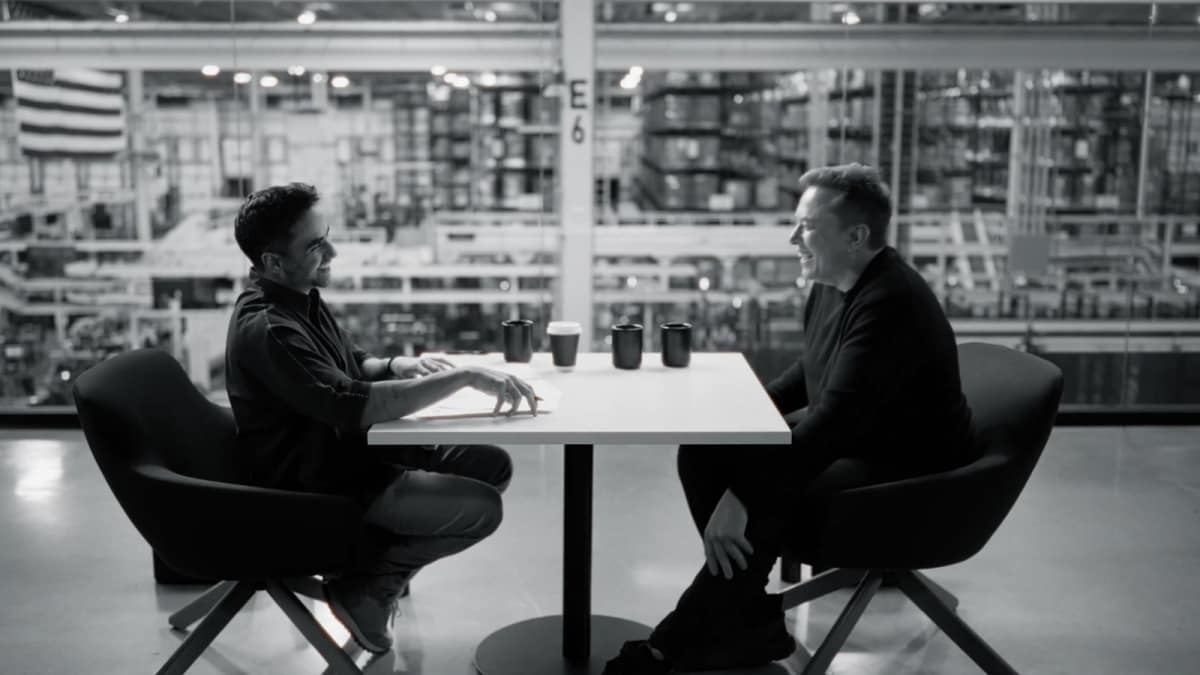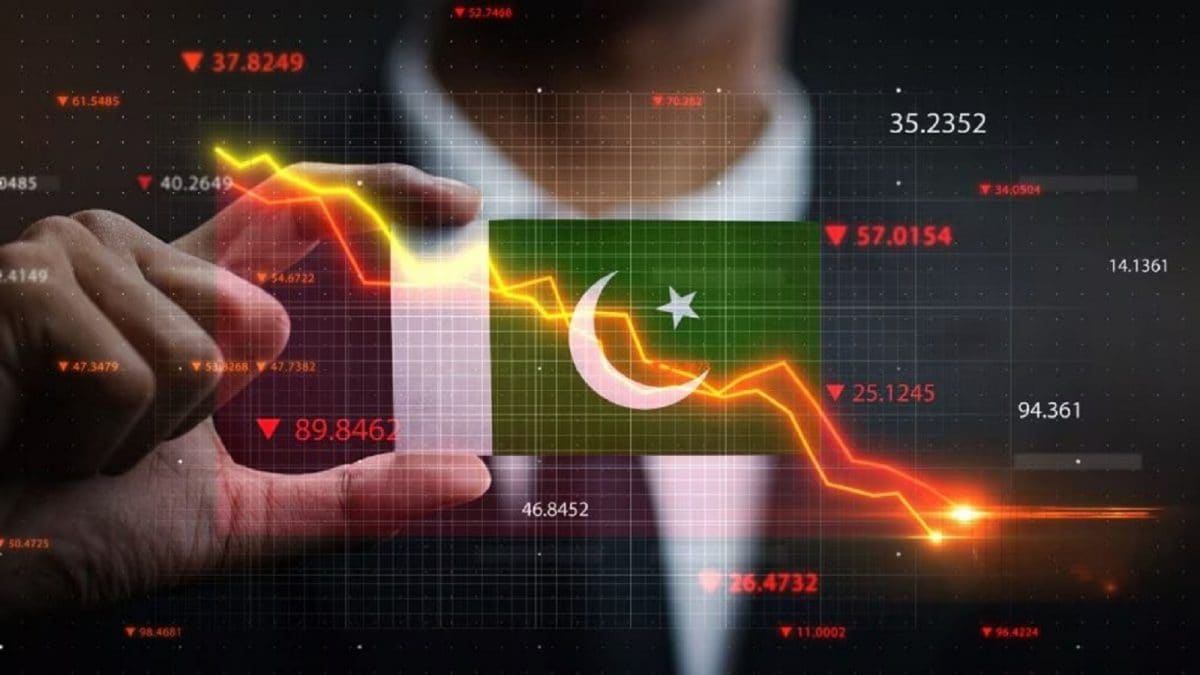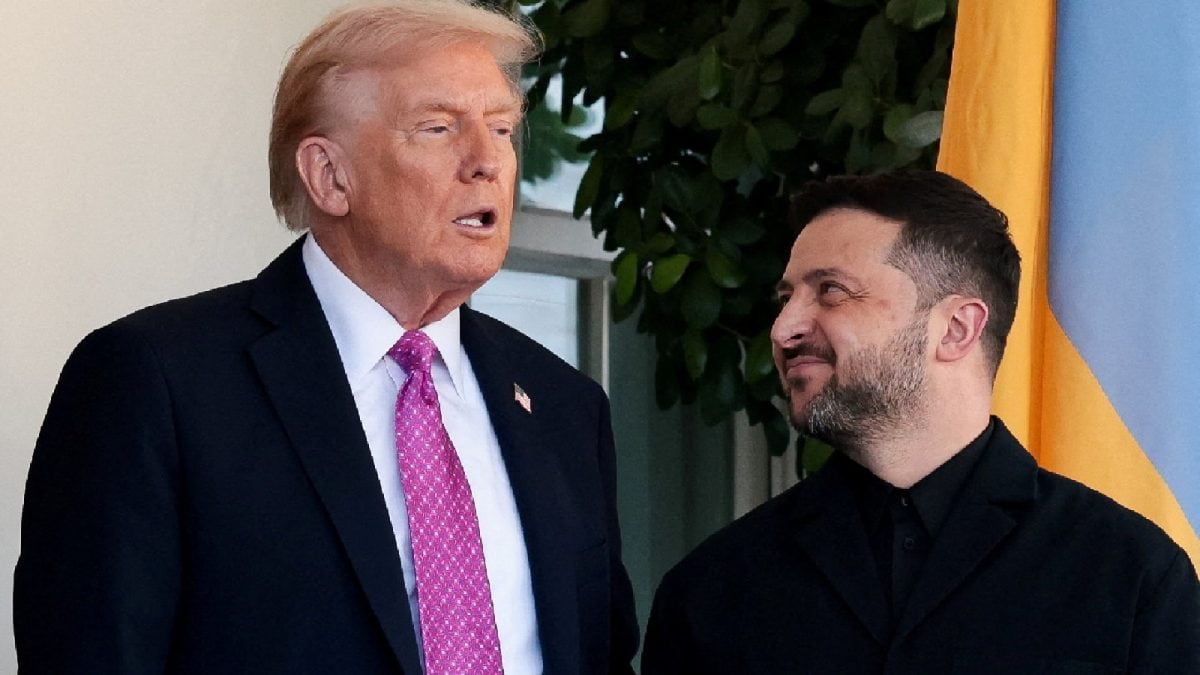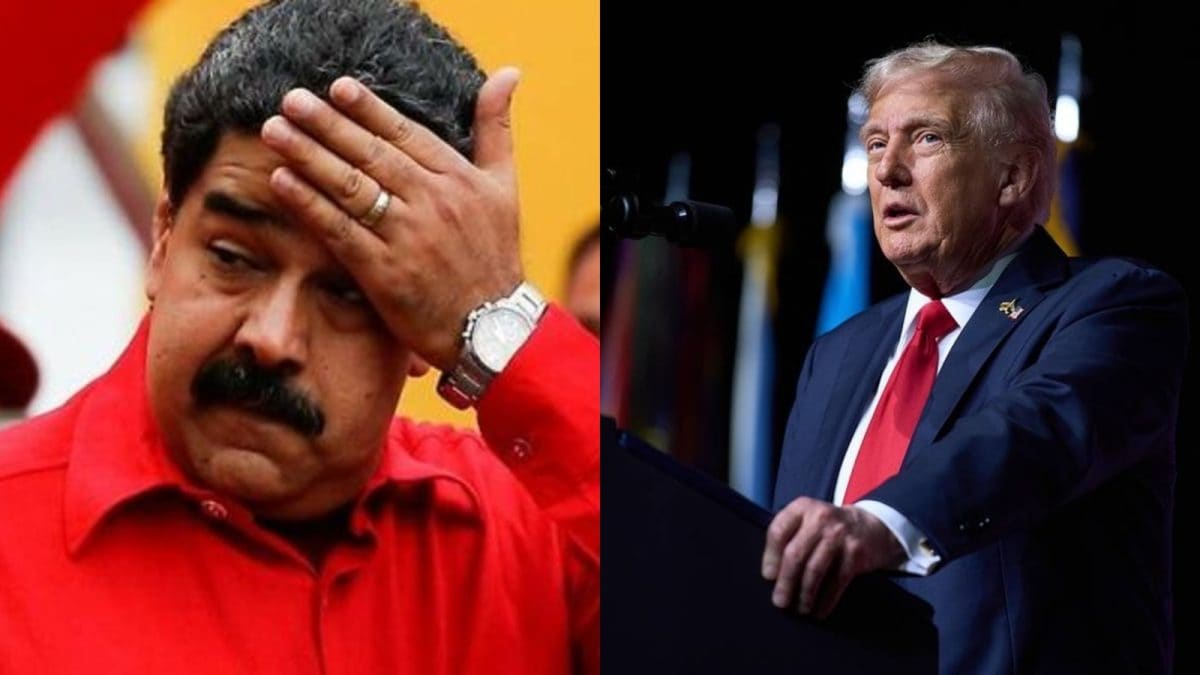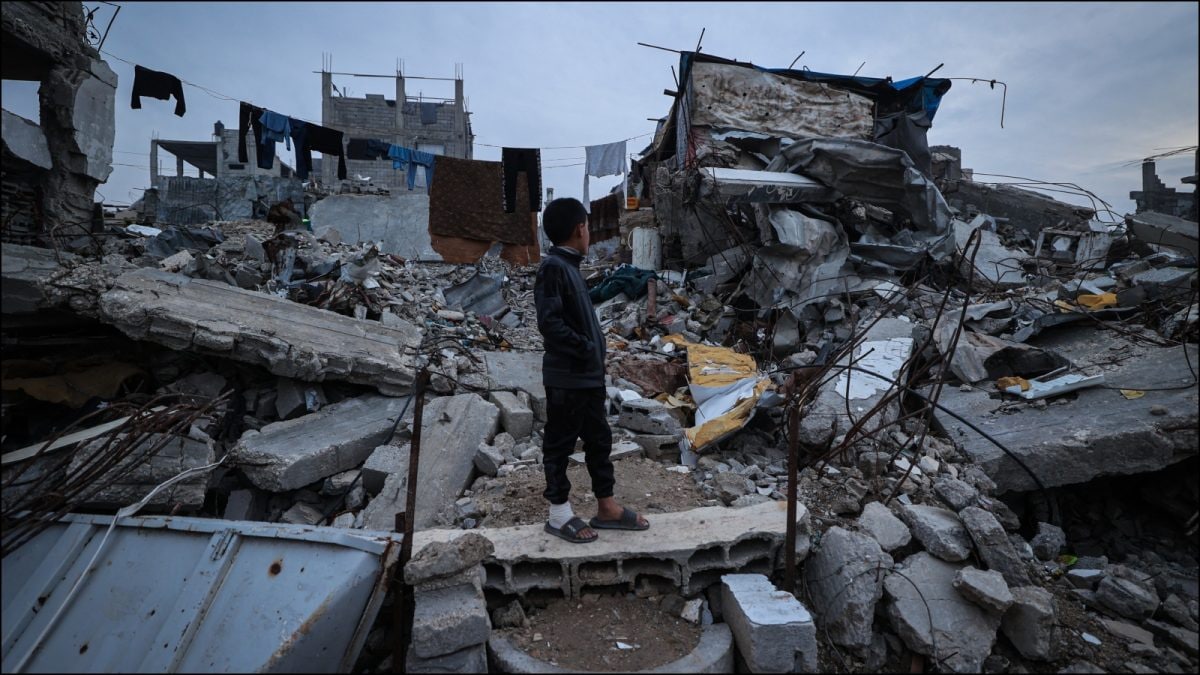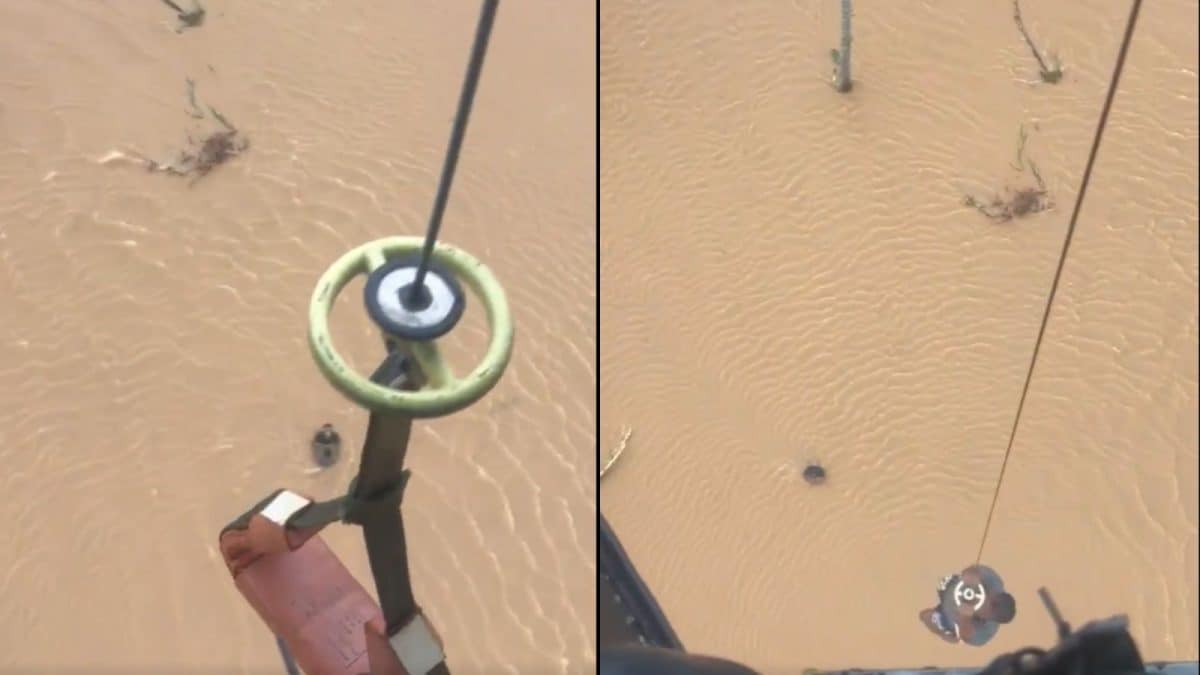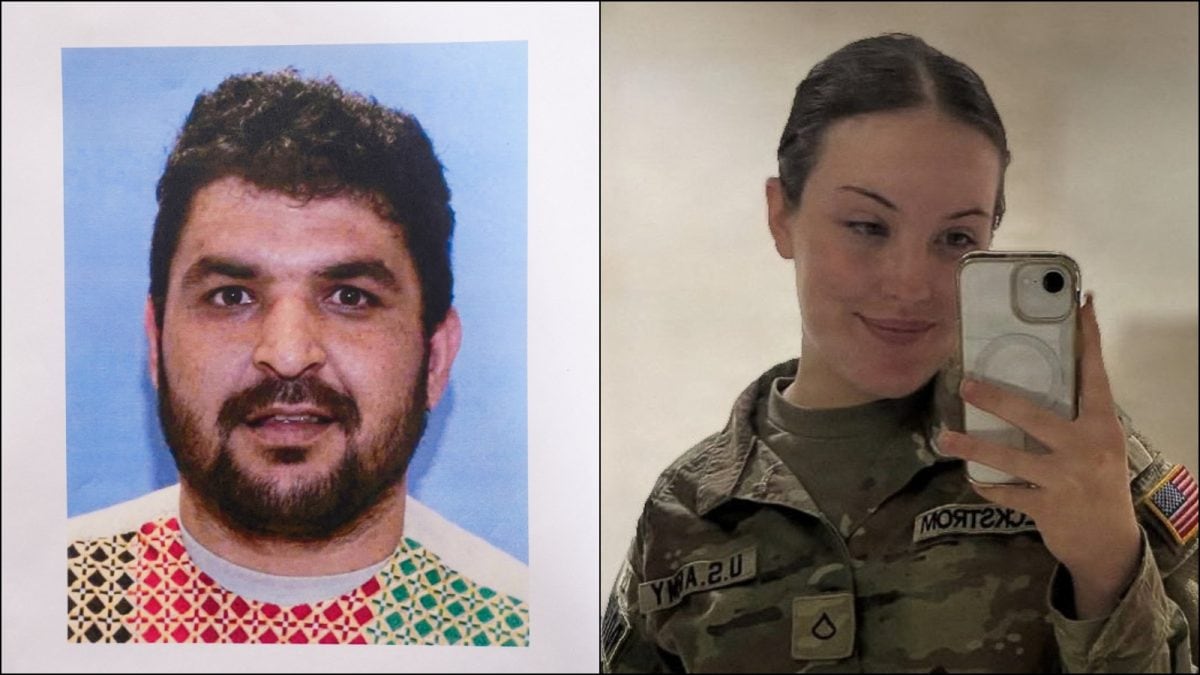Former CIA officer John Kiriakou spoke about US-Pakistan nuclear ties, Pervez Musharraf's cooperation with Washington, and stressed that Pakistan would lose any conventional war with India.

Kiriakou said that Pervez Musharraf handed over control of Pakistan's nuclear arsenal to the US. (Photo: Reuters)
John Kiriakou, who spent 15 years in the CIA, including as chief of counterterrorism operations in Pakistan, made a series of candid revelations about US dealings with Pakistan, Saudi influence in nuclear diplomacy and the shifting balance of power in South Asia.
In an interview with ANI, Kiriakou discussed how Washington "purchased" Pakistan's former president Pervez Musharraf with millions in aid, and claimed that the US once controlled Pakistan's nuclear arsenal.
Kiriakou also criticised the US's selective morality in foreign policy, accusing Washington of working "comfortably with dictators" and prioritising self-interest over democratic ideals.
#WATCH | On the question of fear of nuclear weapons falling into terrorists' hands in Pakistan, ex-CIA Officer, John Kiriakou says, "When I was stationed in Pakistan in 2002, I was told unofficially that the Pentagon controlled the Pakistani nuclear arsenal, and that Parvez pic.twitter.com/iaKPpixhMZ
— ANI (@ANI) October 24, 2025'MUSHARRAF SOLD OUT PAK'S NUCLEAR CONTROL TO US'
Kiriakou told ANI that Pervez Musharraf handed over control of Pakistan's nuclear arsenal to the US, alleging that Washington "essentially purchased" him through massive aid packages.
"The United States loves working with dictators. You don't have to worry about public opinion or the media. We essentially just purchased Musharraf," he said.
He revealed that under Musharraf, Washington enjoyed near-unchecked access to Pakistan's security and military operations. "We gave millions and millions of dollars in aid -- military and economic -- and Musharraf let us do whatever we wanted," Kiriakou said.
However, the former CIA officer added that Musharraf played a double game - publicly siding with the US, while covertly allowing Pakistan's military and extremists to continue terror activities against India.
"The Pakistani military didn’t care about Al-Qaeda; they cared about India. Musharraf pretended to side with the US on counterterrorism while committing terror against India," he said.
'SAUDIS TOLD US TO LEAVE AQ KHAN ALONE'
Kiriakou also revealed that the US abandoned plans to eliminate Pakistani nuclear scientist Abdul Qadeer Khan after direct intervention by Saudi Arabia, which shielded the architect of Pakistan's atomic bomb from US action.
"If we had taken the Israeli approach, we would have just killed him. He was easy enough to find. But the Saudis came to us and said, 'Please leave him alone. We like AQ Khan. We're working with him.'"
He called this a major policy mistake, saying that the White House instructed both the CIA and the IAEA not to act against Khan. "It had to be because the Saudis were insisting on it," he said.
Kiriakou suggested that Saudi Arabia's protection of Khan may have stemmed from its own nuclear ambitions, hinting at Riyadh's long-term plans to build a parallel capability. "We often wondered if the Saudis were also building a nuclear capability," he remarked.
He linked the observation to the recent Saudi–Pakistan defence pact, suggesting Riyadh might now be "calling in its investment."
US'S HYPOCRISY AND SHIFTING GLOBAL BALANCE
Kiriakou called out the hypocrisy of American foreign policy, saying Washington selectively champions democracy, while working comfortably with autocrats.
"We like to pretend we're a beacon of democracy and human rights. But it's just not true - we do what benefits us that day," he said.
He said the US–Saudi relationship remains purely transactional. "Our foreign policy in Saudi Arabia is as simple as this — we buy their oil and they buy our weapons," he said, recalling a Saudi guard telling him, "You are hired help. We paid for you to come here and defend us."
Kiriakou concluded by saying that global power dynamics are shifting as Saudi Arabia, China and India redefine their strategic roles.
"We're sitting on an ocean of oil. We don't need the Saudis anymore. They're hedging their bets, improving relations with China and India. We're witnessing a transformation in how the world operates."
- Ends
With inputs from agencies
Published By:
Satyam Singh
Published On:
Oct 25, 2025

 1 month ago
1 month ago




